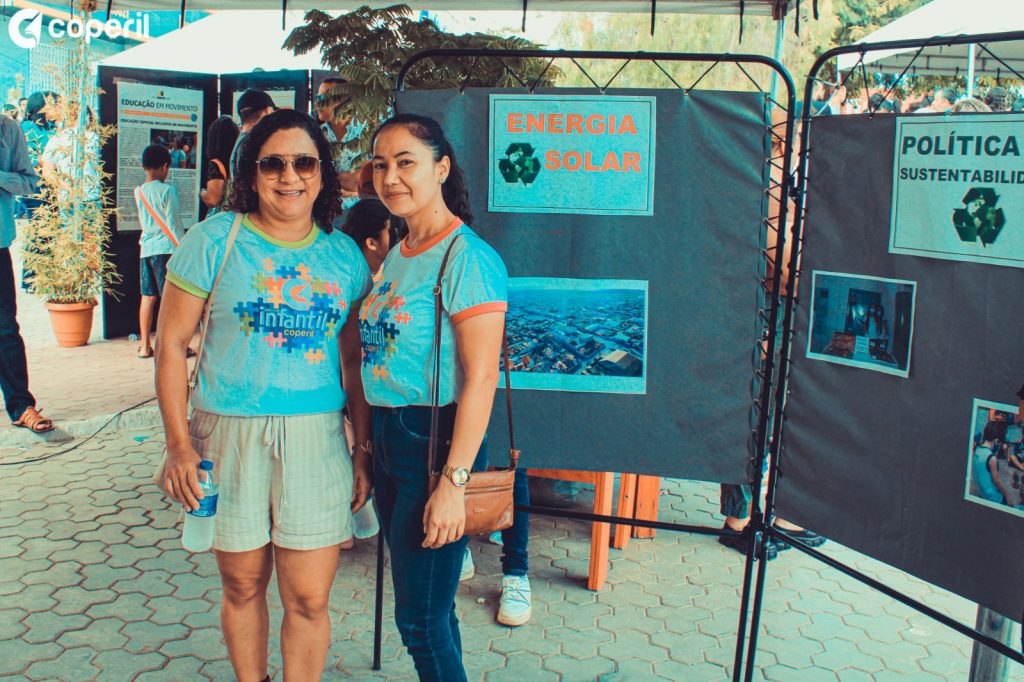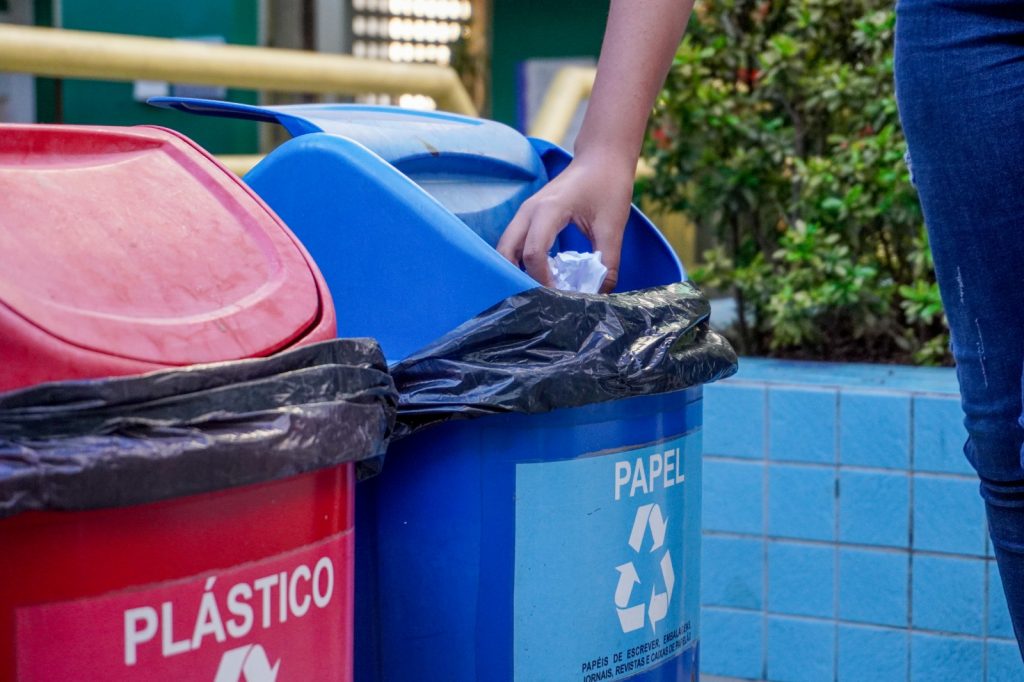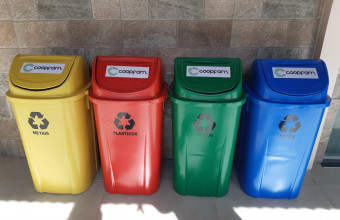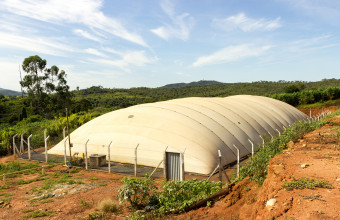Coperil, an educational cooperative operating in the city of Irecê, in the countryside of the state of Bahia, Brazil, is deeply committed to the Sustainable Development Goals (SDGs). In the pursuit of values such as democracy, inclusion, diversity, appreciation of education professionals, cooperation, ethics, and citizenship, Coperil is guided by a sustainability policy created to steer its path.
The sustainability policy of Coperil was established in March 2020 and approved by the board of directors in August of the same year. In 2022, the process underwent a review for improvements.
“The motivation for creating the Sustainability Policy came with the PDGC (acronym in Portuguese for Cooperative Management Development Program), as we realized that every company needs to have a sustainability policy. Coperil’s sustainability policy was created in collaboration with members of the PDGC Committee and teachers from the field of natural sciences,” says Ester Cristina Dourado Passos, who is the coordinator of the PDGC committee at Coperil.
The PDGC is a program of the OCB System aimed at supporting cooperatives by assisting with the diagnosis of improvement opportunities in management. The methodology was based on the Model for Excellence in Management (MEG, for the acronym in Portuguese) of the National Quality Foundation (FNQ) and the Cooperative Governance Manual of the OCB System. This methodology was then adapted to the peculiarities of the cooperative model.

It’s always time to improve
Founded in 1991, Coperil emerged from the collaboration of a heterogeneous group consisting of bankers, farmers, educators, public servants, shop owners, and freelancers. Over time, the cooperative has continued to grow sustainably, expanding its infrastructure and increasing positive impact on the local community. Currently, Coperil has a team of 66 cooperative members.
Within a constant pursuit of improvement, Coperil created its sustainability policy, aiming to act for environmental protection and conscious human development, in the face of ecological concerns.
In this sense, in line with the principle of energy transition and transportation, Coperil has embraced the use of solar energy. Photovoltaic panels are used to replace traditional energy systems, making the cooperative’s operation more efficient and clean.
In the principle of industry and waste management, the school has significantly reduced the use of paper, adopting digital platforms for pedagogical and administrative purposes. Another practice that aligns with environmental values is the appropriate waste management, such as proper disposal of bulbs, batteries, and sending recyclable materials to recycling cooperatives.

Fostering education
As an educational cooperative, Coperil operates from early childhood education to high school and offers services such as preparatory courses for university entrance exams, tutoring, and consultancy in the educational field.
In this context, the cooperative created the “Mais Mestres” project (in English, “More Teachers”), an incentive and facilitation program for teachers to seek further qualifications, which shows Coperil’s commitment to the goals of quality education, decent employment and economic growth.
Throughout each school year, Coperil also conducts a series of activities with students and collaborators, such as an environmental awareness week, responsible waste production, correct waste disposal, cost savings on supplies, and reduction of electricity consumption.

Reaping results
Coperil’s sustainability policy has already yielded concrete positive outcomes since its implementation. The reduction in the energy bill is notable. Before the use of solar energy, the monthly cost averaged US$2,650. “Today we pay only the minimum fee of US$25.50 per month,” Ester reveals. The use of supplies has also been reduced. Purchases of office paper were decreased by a third, for example.
The evolution of the Sustainability Policy will not stop. “The cooperative plans to hire an environmental engineer to measure our impacts as a school and thus revise our Policy periodically,” she concludes.





